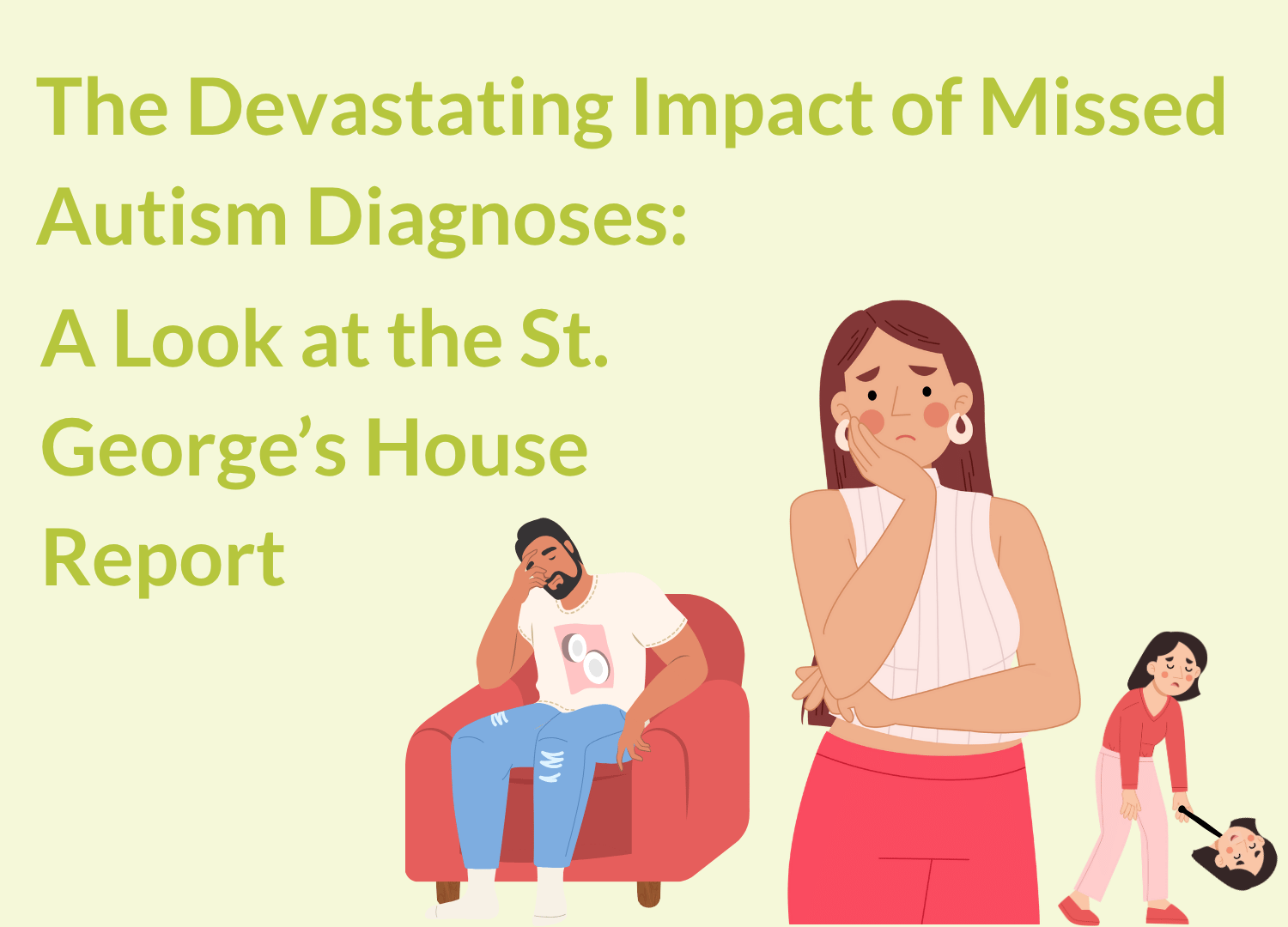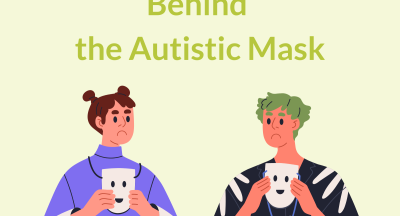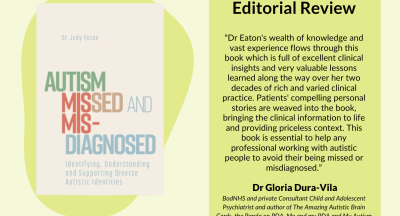
Understanding the crisis of Fabricated or Induced Illness (FII) allegations and its profound connection to undiagnosed autism.
Our Clinical Director, Dr. Judy Eaton, a consultant clinical psychologist and a contributor to the St. George’s House consultation, is a leading voice in this area. Her book, Autism Missed and Misdiagnosed: Identifying, Understanding and Supporting Diverse Autistic Identities, provides a crucial lens through which to understand the issues raised in the report. It’s important to note that the concerns highlighted in the St. George’s House meeting are not new. Dr. Eaton contributed to a report, among other leading experts, for the British Association of Social Workers (BASW) in 2022, titled “Fabricated or Induced Illness and Perplexing Presentations: Abbreviated Practice Guide for Social Work Practitioners,” which pre-emptively addressed many of these critical issues. This earlier work also underscored the high incidence of misidentification when it comes to neurodivergent parents and children. Drawing on her extensive expertise and the findings of these vital reports, this article will explore the crisis of FII allegations and its profound connection to the challenges of diagnosing autism, particularly in children who present in less typical ways.
The St. George’s House Report: A Call for Change
A central challenge identified in the St. George’s House and BASW reports is the guidance on FII from the Royal College of Paediatrics and Child Health (RCPCH). This guidance has been heavily criticised for lacking a solid evidence base, relying instead on “expert consensus” from a consultation process that notably excluded key safeguarding bodies like social work and education. The BASW report explicitly states that the RCPCH acknowledges the absence of published evidence. The result is guidance with overly broad criteria that can easily misinterpret the actions of parents advocating for children with complex, rare, or misunderstood conditions, thereby increasing the risk of false and damaging allegations.
One of the most concerning findings is the disproportionate number of FII allegations levelled against mothers of children with disabilities or neurodivergence. This is where the world of autism and the world of FII tragically intersect. When professionals lack a nuanced understanding of autism, and its diverse presentations, they can misinterpret a parent’s genuine attempts to advocate for their child as a sign of fabrication or inducement of illness.
Dr. Judy Eaton on Autism: Missed, Misdiagnosed, and Misunderstood
When a child’s autism is missed or misdiagnosed, a cascade of negative consequences can follow. The child is denied the understanding and support they need to thrive. Their struggles may be attributed to other causes, such as poor parenting, behavioural problems, or even mental health conditions like personality disorders, which Dr. Eaton argues should never be diagnosed in teenagers. For the parents, the experience can be a living nightmare. Their concerns are dismissed, their expertise in their child is questioned, and in the most extreme cases, they find themselves accused of harming the very child they are trying to protect.
The Link Between FII and Missed Autism: A Perfect Storm
- Lack of Professional Understanding: Many professionals in health, education, and social care lack a deep understanding of the subtleties of autism. They may not recognise the signs of autism in a child who does not fit the stereotypical mould.
- Misinterpretation of Behaviours: Autistic children often have sensory sensitivities, communication difficulties, and unique ways of interacting with the world. These behaviours can be baffling and even alarming to those who do not understand their underlying cause. A parent’s detailed and persistent descriptions of these behaviours can be misconstrued as exaggeration or fabrication.
- The “Assertive Mother” Stereotype: A mother who is a strong advocate for her child, who has done her own research, and who challenges professional opinions can be labelled as “difficult” or “anxious.” In the context of an FII investigation, this assertiveness can be used as evidence against her.
- Systemic Failures: The report points to a system that often operates on a “single professional opinion” rather than a collaborative, multidisciplinary approach. This can lead to a situation where one person’s misjudgment can have catastrophic consequences for a family.
The Human Cost of Getting It Wrong
The report highlights the “almost unimaginable” experiences of families falsely accused of FII. The system does not just fail these families; they are actively harmed by it. The emotional and psychological toll is immense, and the financial cost of legal fees and expert assessments can be ruinous.
A Call for a More Compassionate and Informed Approach
At Help for Psychology, we are committed to this more compassionate and informed approach. We understand that every child is unique, and we believe that parents are the experts on their children. We know that the journey to an autism diagnosis can be a long and challenging one, and we stand with families who are navigating the complexities of the system and advocating for their children’s needs. We are here to support families affected by the issues of FII, providing expert assessment and a safe space to be heard.
If you’re a parent concerned about your child’s development and feel your worries are being dismissed, please connect with us. We are dedicated to providing a supportive space where your voice is heard, your situation is understood, and we can guide you towards the answers you need. We’re here to help you begin this journey, should you wish to use our service, with our free, no-obligation online screening to identify any missed aspects of your child’s possible autism. Together, we can work towards a future where every child’s autism is recognised, and no family endures the pain of an unfounded FII allegation.
Unlock clarity and access our Free Screening to see if your child shows signs of possible Autism.
Unlock clarity and access our Free Screening to see if your child shows signs of possible Autism.
Related Posts
A stitch in time or a lifetime of scars? The urgent case for early autism assessment
Exploring the need for early child autism assessments to prevent a lifetime of...
Diagnostic concerns and revisions to the DSM 5
Since the launch in March 2022 of the updated DSM-5 (now known as the DSM-5-TR),...
It’s Not Only Girls Who Can Mask
Following on from the previous article regarding autistic children who mask, this...
Autism – The tragedy of the missed and misdiagnosed
Blog updated 10th April 2024The inspiration for this blog article came from three...




